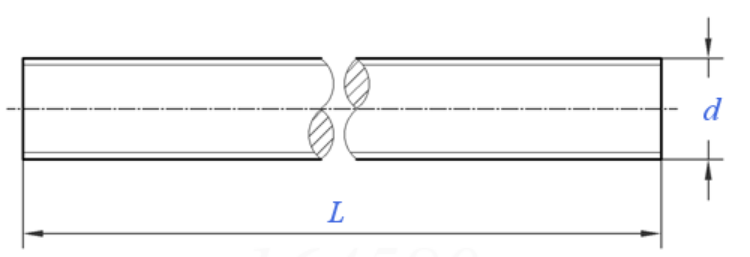metal bolts companies
Nov . 25, 2024 17:41 Back to list
metal bolts companies
Understanding the Metal Bolts Industry Companies and Trends
In the world of manufacturing and construction, metal bolts play a crucial role as fasteners that secure components together. The metal bolts industry is extensive and composed of numerous companies that specialize in the production and distribution of these essential components. This article explores the types of companies involved in this sector, their significance, and the current trends shaping the industry.
Types of Companies
The metal bolts industry comprises a diverse range of companies, including manufacturers, suppliers, and distributors. Manufacturers are responsible for producing various types of metal bolts, which can be made from materials such as stainless steel, carbon steel, and alloy steel. These bolts come in various sizes, shapes, and grades, catering to different industrial needs.
On the other hand, suppliers and distributors play an essential role in the logistics of getting these products to consumers. They often stock a wide range of bolts and related hardware to meet the demands of various industries, including automotive, aerospace, construction, and machinery. Some companies focus on providing specialized bolts tailored for specific applications, such as high-strength bolts for construction projects or corrosion-resistant bolts for marine environments.
Importance of Quality and Standards
Quality and adherence to industry standards are vital in the metal bolts sector. Companies in this industry must comply with strict regulations, such as the ISO 9001 quality management standard, to ensure that their products meet safety and performance criteria. High-quality bolts can significantly impact the integrity of structures and machinery, making it essential for manufacturers to maintain rigorous quality control processes.
metal bolts companies

Moreover, many companies obtain certifications from organizations such as ASTM International, which provides standardized specifications for various types of fasteners. These certifications assure customers of the reliability and durability of the bolts they purchase, leading to stronger partnerships between manufacturers and clients.
Current Trends
The metal bolts industry is undergoing several significant trends that are reshaping the landscape. One of the most notable is the increasing demand for custom bolts. As industries seek to optimize their operations, many are looking for specially designed fasteners that meet unique specifications. Companies that offer customization services can gain a competitive advantage by addressing these specific needs.
Another trend is the growing emphasis on sustainability and the use of eco-friendly materials. With the global push toward greener practices, metal bolts companies are exploring options such as recycled materials and more sustainable manufacturing processes. This shift not only reduces the environmental impact but also appeals to customers who prioritize sustainability in their purchasing decisions.
Technological advancements are also playing a significant role in the industry. The adoption of automation and digital technologies is enhancing production efficiency and accuracy. Companies are increasingly leveraging 3D printing for prototyping and even production of certain bolting applications, allowing for greater flexibility and reduced lead times.
Conclusion
The metal bolts industry is a vital component of the manufacturing and construction sectors, driven by a diverse array of companies that focus on quality, innovation, and customer satisfaction. As trends such as customization, sustainability, and technological advancements continue to shape this industry, companies that adapt and innovate will be well-positioned for success. In a world where every component matters, the role of metal bolts and the companies that produce them cannot be overstated. This industry will continue to evolve, responding to the changing needs of various sectors while maintaining its foundational significance in securing our built environment.
Latest news
-
High-Quality Panel Stud Bolt Reliable Panel Stud Bolt Factory & Suppliers
NewsJul.08,2025
-
High-Precision Fine Thread Locknuts Manufacturer & Supplier Custom Solutions
NewsJul.08,2025
-
PH Imperial Stud Bolt – High Strength Fasteners from Leading Supplier & Factory
NewsJul.07,2025
-
High-Quality Allen Wrench Bolts Leading Factory, Company & Suppliers
NewsJul.07,2025
-
Wholesale Ball Stud Bolt - High Quality Supplier & Factory Price Reliable Wholesale Ball Stud Bolt Company
NewsJul.06,2025
-
High-Strength Alloy Bolts Manufacturer & Supplier Quality Alloy Fasteners Factory
NewsJul.06,2025
